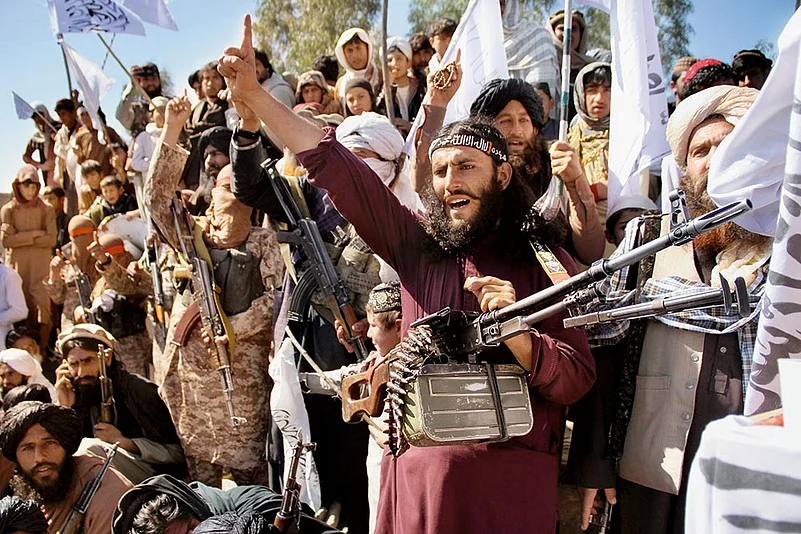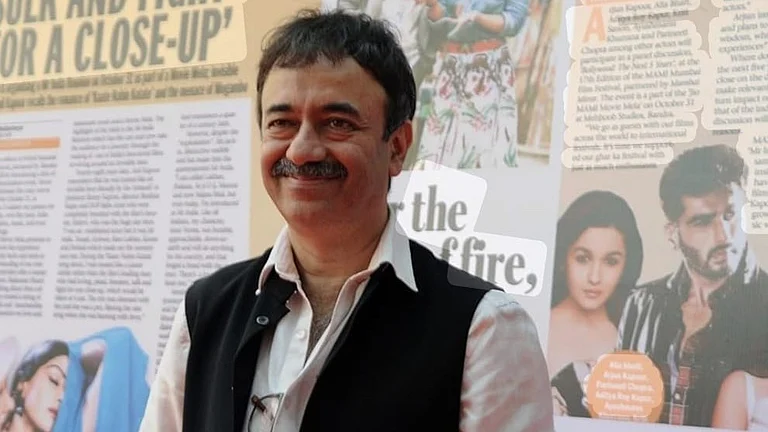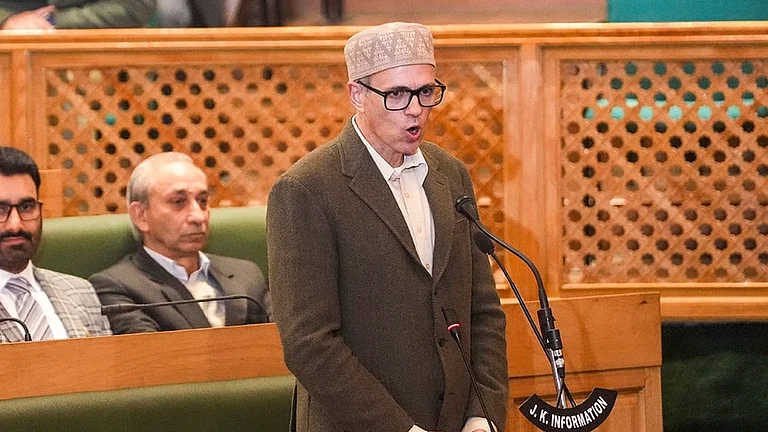Extrication from a long war is the trickiest of decisions. It can get tougher when the world’s most powerful nation—the United States—has to do it.
It took 19 years, the longest armed engagement in American history, for the US to realise that despite possessing by far the most modern army and sophisticated weaponry, it no longer wanted to play ‘policeman’ in Afghanistan, particularly when caught in a quagmire. Rather, it was prudent to cut losses and run.
Actuated by that wisdom, the US entered into a “peace agreement” with the Pakistan-backed militant group, the Taliban, on February 29 in Doha that promises to pave the way in legitimising the latter as a key player in Afghan affairs. There is a strong possibility that Afghanistan may now enter into a fresh and prolonged bout of violence, as rival players prepare to expand their influence in the war-ravaged country.
India looks at the recent Afghan developments with mostly well-founded trepidation and some hope. For its past brushes with a Taliban-controlled Afghanistan had been decidedly unpleasant. On top of the list is IC 814. In December 1999, an Indian Airlines aircraft was hijacked to Kandahar by Pakistani terrorists who, aided by the Taliban, secured the release of the Jaish-e- Mohammed chief Masood Azhar from an Indian jail in exchange of the hapless passengers’ freedom.
More worrying is the price Pakistan is likely to extract from the US for delivering the Taliban to the talks table. An obvious concession could be getting it off the Financial Action Task Force (FATF) grey list to help it get international loans and investments. The India-obsessed Pakistani establishment regards Afghanistan as a country that provides it with ‘strategic depth’. A Pakistan-Taliban combine using Afghanistan to launch anti-India terrorist activities would pose a serious challenge to New Delhi.
The American thinking is evident in what President Donald Trump told newsmen—that the US was not “a police force” and from now on Afghans will have to “police it themselves”. Though he made it clear that the US wanted its “young people to come back home”, he also tried to make virtue out of a necessity by saying that the US could have won the war in Afghanistan but decided against it to avoid killing millions.

Masood Azhar walks to safety in Kandahar—the last chapter of the IC 814 hijack.
The US-Taliban peace agreement took nearly two years of hard bargaining to materialise. It was primarily driven by Trump’s desire to make good his promise of bringing American troops back home, aiming for the rich dividends it would pay in his re-election bid this November.
In a joint statement after his talks with PM Narendra Modi in New Delhi last week, Trump had assured the Indian leadership about the convergence of ideas on Afghanistan’s future. “India and the United States share an interest in a united, sovereign, democratic, inclusive, stable and prosperous Afghanistan. They support an Afghan-led and Afghan-owned peace and reconciliation process that results in sustainable peace, cessation of violence, elimination of terrorist safe havens and preservation of the gains of the last 18 years,” it said.
“What we saw in Doha was not a surprise. Everybody knew something like this was happening,” says Indian foreign minister S. Jaishankar.
India was among the countries invited as observers to witness the peace deal being signed in Doha. But before that, in a gesture of solidarity, India’s foreign secretary Harsh Shringla flew to Kabul to assure Afghan President Ashraf Ghani and other senior members of his government of India’s continuing support and close cooperation in the country’s development. Shringla also delivered a letter from Modi to Ghani that conveyed the importance New Delhi continues to give to its ties with Kabul.
Anxiety tinged with hope—how should India look at the evolving scenario in Afghanistan?
“I think it is a bit of both,” says former Indian ambassador to Afghanistan Gautam Mukhopadhaya. “Most Afghans received the news of the ‘deal’ and the intra-Afghan talks with hope, as the first opportunity for a negotiated peace in 19 years. But with trepidation too, about the price they will have to pay for peace.”
Mukhopadhaya adds, “We empathise with that and should support the process politically. But we should be under no illusions that the deal will change the military and political equations between democratic forces in Afghanistan and the Taliban while the planned intra-Afghan talks take place. While US military and political support will weaken, Pakistani support for the Taliban will remain intact, and in fact, will have more freedom to operate.”
According to Mukhopadhaya, the Taliban’s resumption of hostilities against government forces after a short-lived ceasefire suggests their softer language in the run-up to the deal was for effect. They remain determined to press what they see as their military and diplomatic advantage. This does not augur well for the controversial prisoner swap deal—a confidence building measure in the US-Taliban agreement that was speedily rejected by Ghani—or lasting peace. Every single factor points to an increase in bloodshed. For India, it would mean an unstable Afghanistan spilling violence into the region and, inevitably, more terrorism.
The seamless return to fighting by the Taliban has raised concerns over the efficacy of the peace deal too. Indian observers point out that the ‘fig leaf’ that the Taliban struggle was aimed at ending foreign occupation will stand exposed as the battle for control of Afghanistan, using terrorism supported or engineered by Pakistan, increase in ferocity.
They argue that though the US hopes to use its considerable influence to avoid derailing the process, a lot would depend on other factors, including President Trump’s patience. They warn that there could be attempts to escalate jehadi activity in Jammu and Kashmir. But, as a positive, they say that Pakistan is likely to face a less gullible US military—an establishment with its hands finally untied and which is more aware of Pakistan’s inherent, cynical duplicity over the past two decades.
While this may well prove to be nothing more than ‘wishful thinking’, some even argue that it could be worthwhile to engage with the Taliban.
“All the major stakeholders are engaging with the Taliban, so what stops us from doing the same?” asks former MEA secretary Vivek Katju. He argues, “Engaging necessarily does not mean endorsing.”
While the Taliban may well be looking for options beyond Pakistan, and India may be one of the viable ones, New Delhi is still wary of regarding them as future allies.
Even as fast-paced developments point towards an uncertain future, the gains of the past two decades in Afghanistan—and Indian interests along with it—may still be best served by the democratically-elected Afghan government. At a time when the Americans have vacated a crucial space, Afghanistan now needs India’s support more than they did anytime in the past.

























